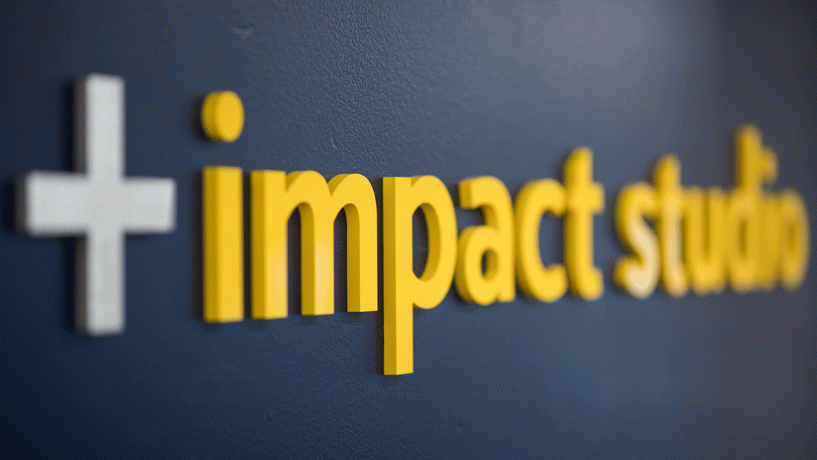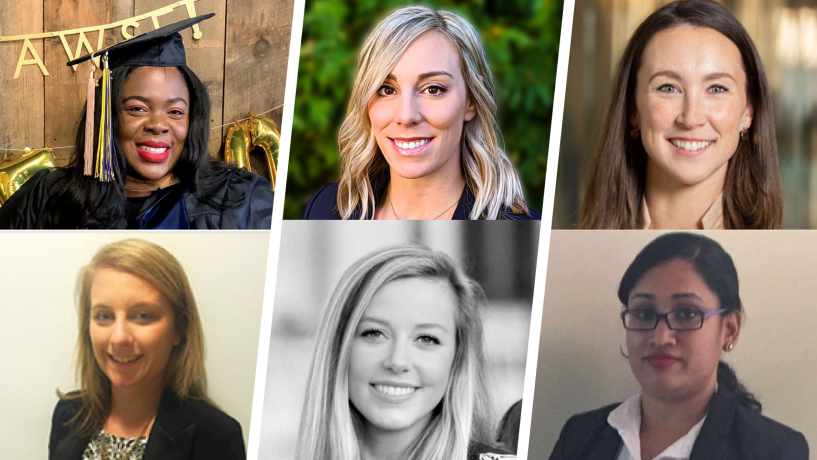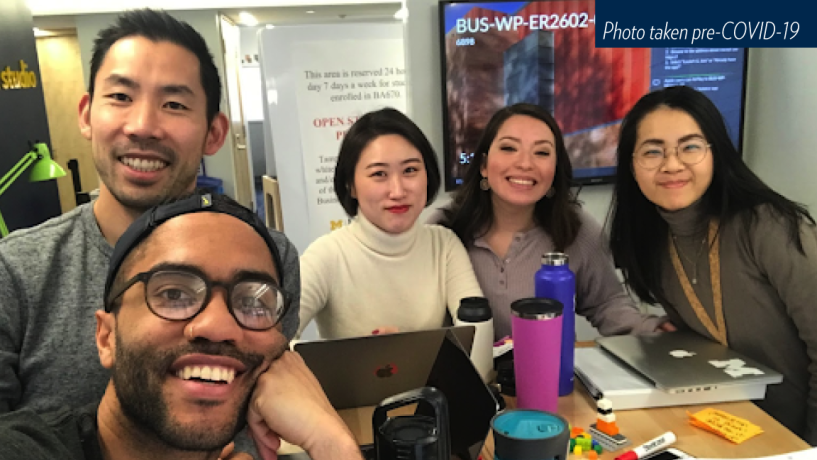Q&A: Michigan Ross MBA Students Discuss the Challenges They Face as Nonprofit Leaders, the Skills They Hope to Learn at Ross, Advice for People Interested in Social Impact Work, and More

In recognition of National Nonprofit Day on Aug. 17, three nonprofit leaders who are MBA students at the Ross School of Business answered questions related to why they pursued a career in social impact and about their experiences working in the sector.
With growing interest in social impact careers among Michigan Ross graduate and undergraduate students, the Executive, Online, and Weekend MBAs also shared their advice for people interested in becoming future nonprofit leaders.
Dr. Richard Aste
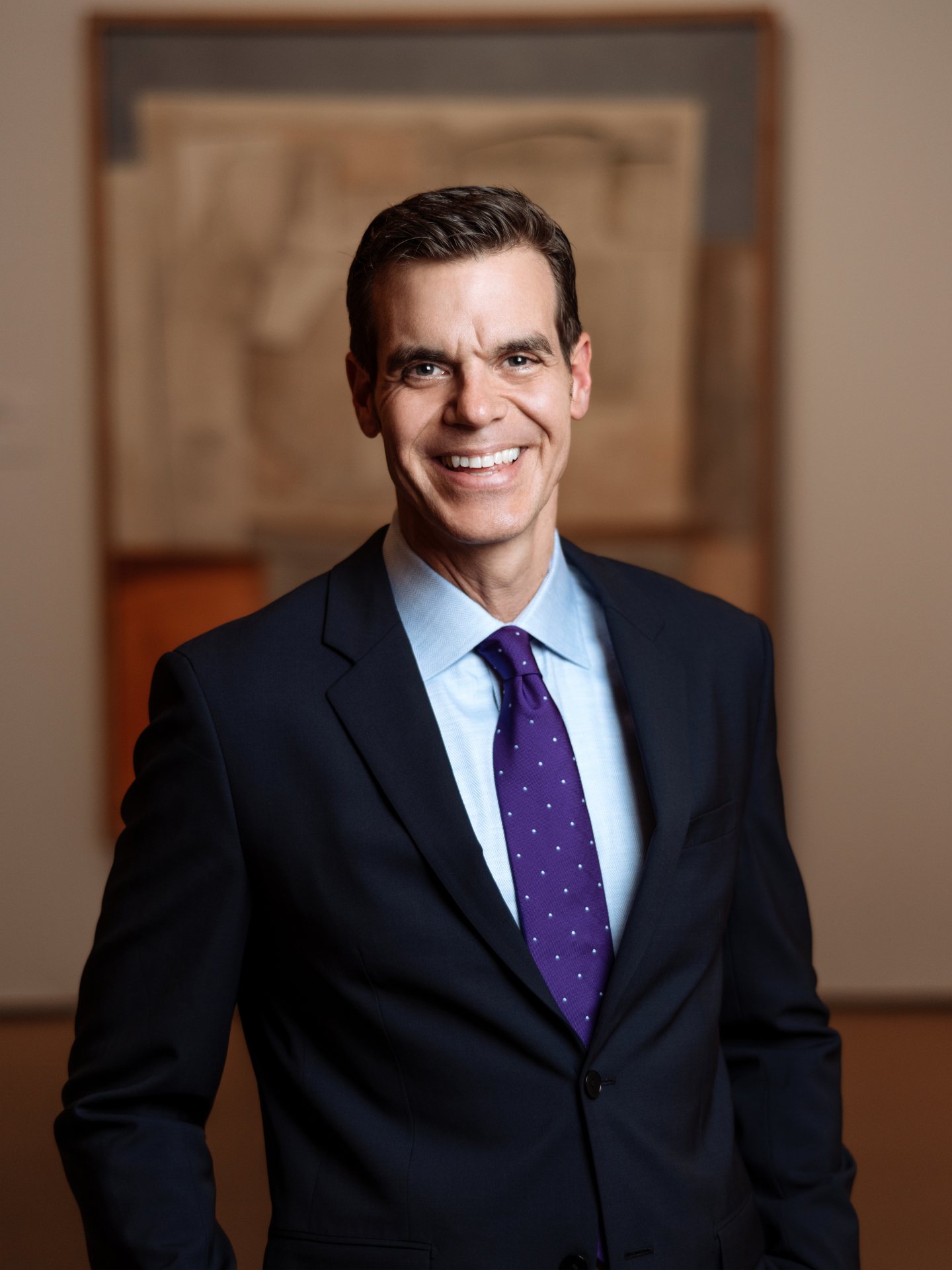 Program/expected graduation year: EMBA ’22
Program/expected graduation year: EMBA ’22
Hometown: Miami, Florida (born Lima, Peru)
Title/organization: Director and CEO, McNay Art Museum
What do you enjoy most about working in the nonprofit/social impact sector?
What I love about working in my particular art space is witnessing the evolution of the community’s perception of art museums. Each year, our institutions are becoming more and more accessible to a broader audience. And, while our industry is still regarded by many as elite and affluent-specific, we are making tremendous strides in removing the perceived social barriers that separate us from our increasingly diverse communities. I take great satisfaction in contributing to the perceptual shift of art museums from exclusive temples of high art to arts-based community centers for all. Our industry’s inclusive direction will be fully realized when the inside of our institutions looks like the outside.
As someone in the nonprofit/social impact sector, what drew you to pursue your MBA at Michigan Ross?
I believe in the vital roles art museums play in our communities, including that of moral leaders and shapers of community values. The stories we tell on our walls and in our galleries reflect, resonate with, and uplift our visitors. And yet, we as an industry continue to operate with razor-thin margins, if any at all. In fact, because we rely in large part on donations, our business models are built on deficit financing, which we call fundraising. For many art museums in the U.S., the pandemic revealed that our models were unsustainable. (The McNay has navigated the last 18 months well thanks to the efforts of a very gifted team as well as the generous support of local and national funders.) I am pursuing an MBA at Michigan Ross because I want to improve not only the McNay’s model, but also that of my industry so that future generations can benefit from the transformational art museum experiences that have shaped my life.
What skills or experiences do you hope to gain at Michigan Ross to make you a more effective nonprofit leader?
My role as CEO is to set the museum’s vision and strategies for success. In making strategic decisions that advance our institution, I hope to be able to make even more strategic financial decisions as a result of a Ross education. I also hope to benefit from Ross’ new marketing schools of thought that emphasize network segmentation over demographic or psychographic segmentation. Museums are all-embracing, all-inclusive spaces. We therefore tend to target everyone, and you can’t effectively be all things to all people all the time. Segmenting alone would be a huge improvement, but segmenting based on networks would be a game changer for our industry.
Robbin Lee
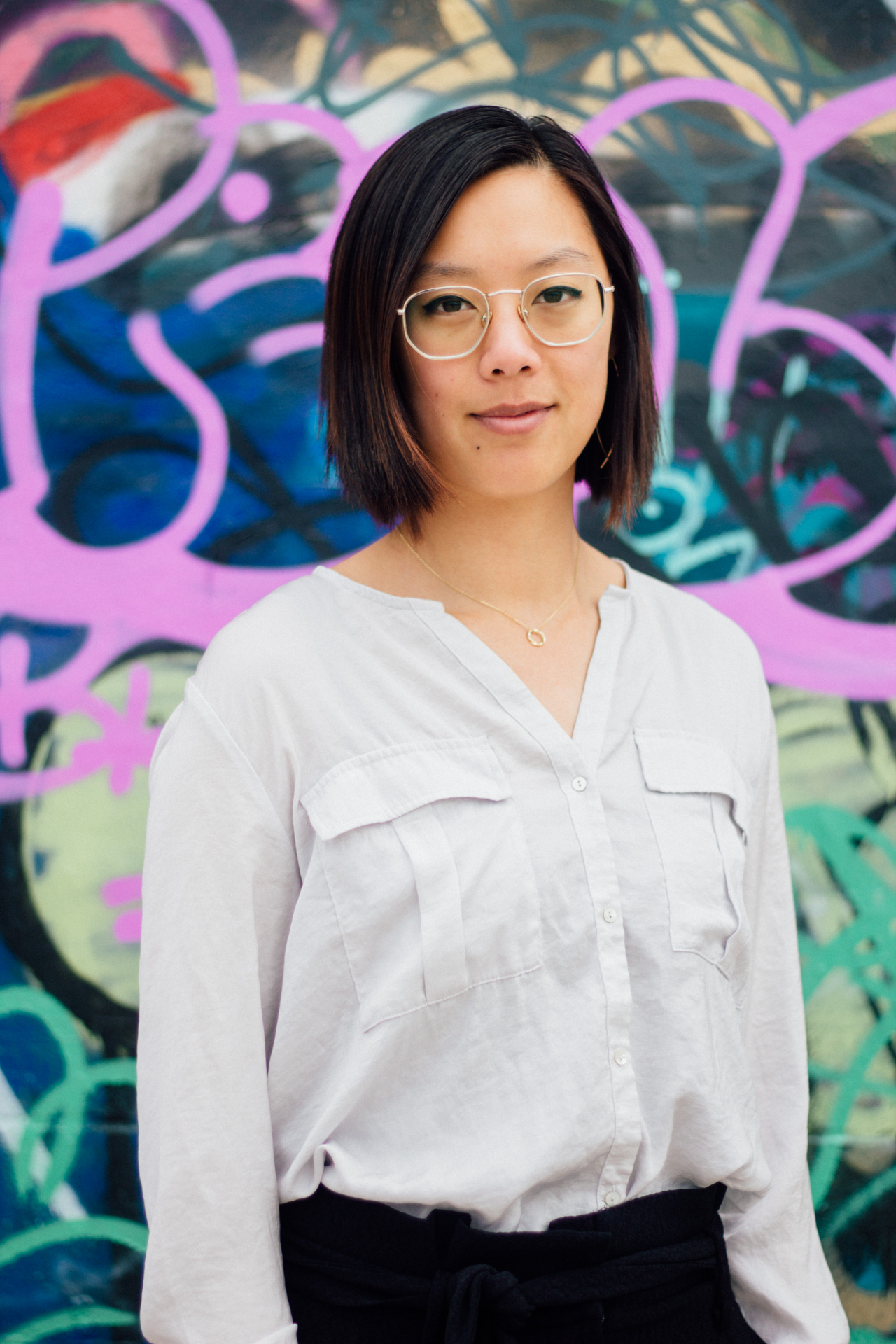 Program/year: OMBA ’24
Program/year: OMBA ’24
Hometown: Baltimore, Maryland
Current job/title: Executive Director, Baltimore Homecoming
What do you find most challenging about working in the nonprofit/social impact sector?
What nonprofit professional would I be if I didn’t answer with: fundraising. In the ideal world, nonprofit leaders could focus 100% of their time on executing to advance their missions, but funds are required to do what we do. However, I am hopeful and starting to see trends of antiquated funding models being dismantled and more community-centered approaches being implemented. I think things are changing in the nonprofit/social impact sector.
As someone in the nonprofit/social impact sector, what drew you to pursue your MBA at Michigan Ross?
In my career, I’ve always been a behind-the-scenes operator — hence my propensity for event planning and taking roles to support leaders. As I took on my current role as executive director of Baltimore Homecoming, I decided I wanted to pursue my MBA at a university that would provide me the opportunity to interface with astute professionals from across many sectors. I needed to grow into my now more public-facing role, and I felt the best way to learn would be by learning from peers. Michigan Ross has a strong reputation of bringing together established professionals who are looking to continue to grow — like myself.
What knowledge from your nonprofit experience do you hope to share with your Ross classmates?
As a woman of color navigating systems of power in the nonprofit/social impact sector, I constantly have to toggle between communities and communicate across lines of difference. I’m looking forward to joining the diverse classrooms of Ross to sharpen those skills and share that experience with my classmates.
Shaylyn Stanley
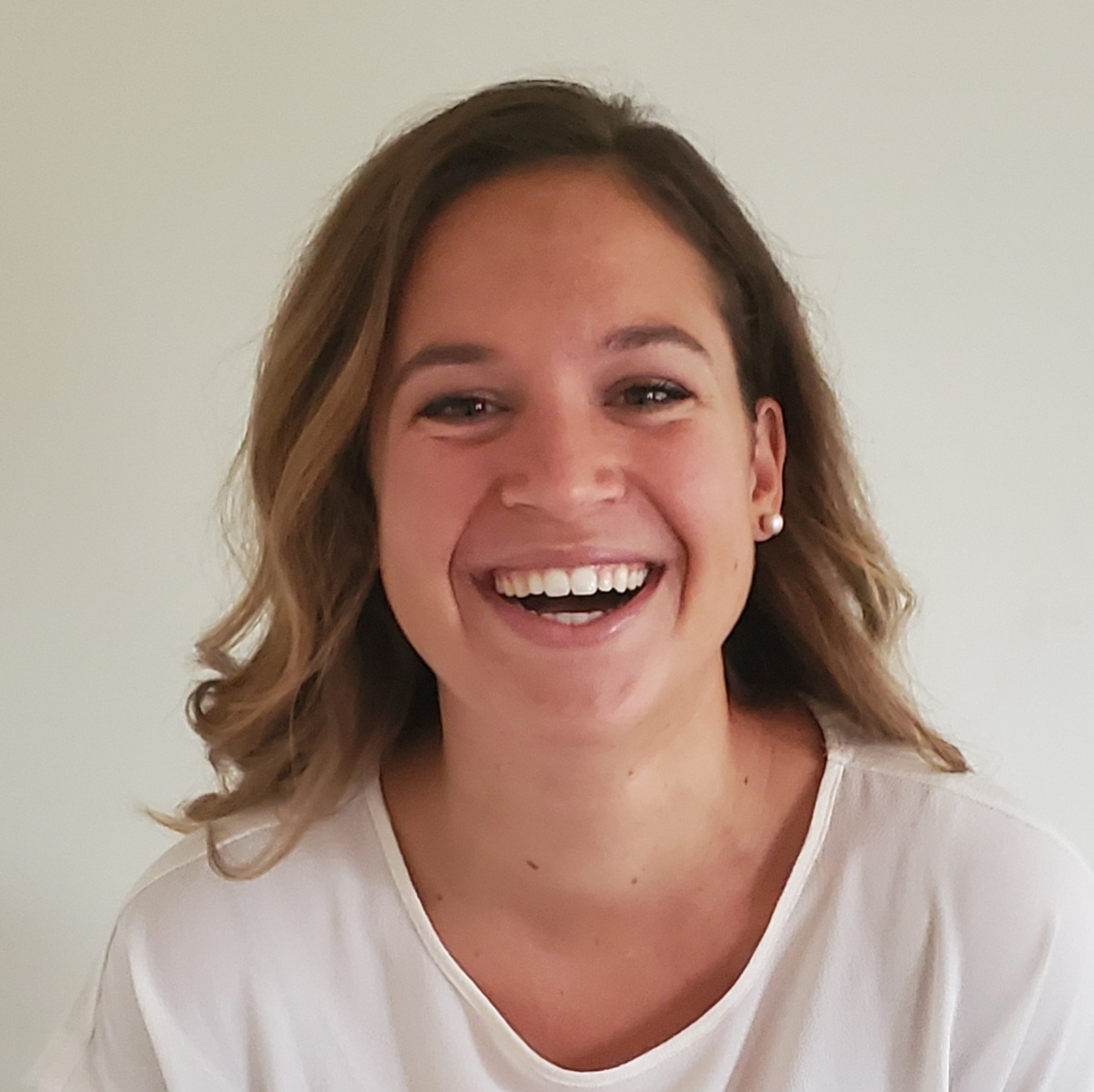 Program/expected graduation year: WMBA ’23
Program/expected graduation year: WMBA ’23
Hometown: From Los Angeles (currently lives in Washington, D.C.)
Title/organization: Next Generation Engagement Officer, Pathfinder International
What inspired you to get into nonprofit/social impact work?
After I completed undergrad, I joined the Peace Corps, where I worked to decrease rates of HIV/AIDS and teenage pregnancy in rural Namibia. I have always been passionate about health, but this experience sparked a shift from what I thought would be a career in US-based healthcare to a focus on health issues outside of the U.S. When my service was up, I wanted to continue to work with organizations that implement programs similar to those I was supporting in my little village of Kayengona.
As someone in the nonprofit/social impact sector, what drew you to pursue your MBA at Michigan Ross?
The global mindset of everyone I spoke to is what drove me to Ross. I knew that if I attended Ross, I would be surrounded by peers with contrasting backgrounds to mine, I would have opportunities to apply new skills in an international setting, and I would be a part of a community that not only welcomes but also seeks new experiences--and I wasn’t wrong! This outside-of-the-box thinking was important to me as someone with a less traditional background and a passion for global issues. My experiences in the classroom applying my unique perspective have been eye-opening, and frankly a lot of fun.
What knowledge from your nonprofit experience do you hope to share with your Ross classmates?
It can sometimes be hard to understand long-term effects of something that might seem small or unimportant to us, particularly if it’s around an issue we’ve never experienced before. I hope my colleagues realize that business practices really do affect communities around the world. Improving labor practices in supply chain operations can completely transform rural communities, strengthening foreign policy in the U.S. has a direct effect on policy decisions in other countries, and designing marketing messaging carefully can spark behavior change among that company’s audience around the world. Business has a lot more influence on how the world works than many realize.
Advice to those interested in nonprofit careers
My advice would be to think creatively, keep an open mind, and be patient. When working for an organization that is responding to a specific social issue, there will constantly be new opportunities and new challenges faced. Understanding this from the beginning will help you stay resilient during those challenges so that you’re able to see the small wins that add up to big change.
Believe in the mission. Seek peers who work to achieve similar goals and seek to learn from each other. I see the nonprofit/social impact sector moving towards a more and more collaborative ecosystem where those who choose to work in silos will not be able to flourish, and those who work together will thrive.
Identify your personal core values ASAP, because once you take on a leadership role at any nonprofit, fundraising will become your number one responsibility. And you will be a much more impactful fundraiser if you’re championing what you fundamentally believe to be right—at your core.





